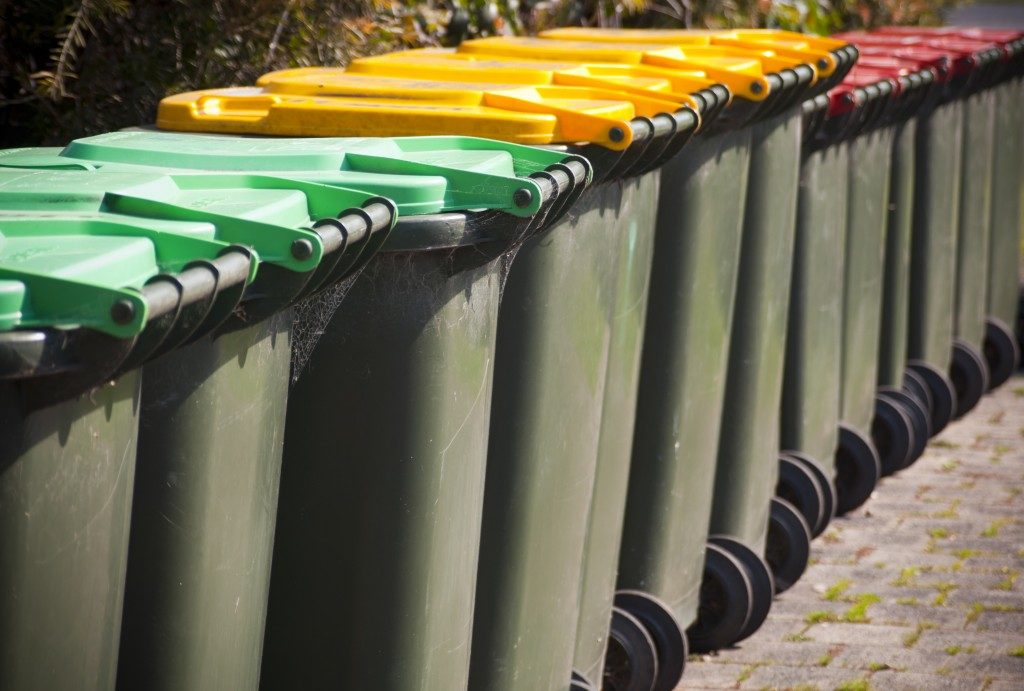More and more farms are ditching their makeshift pallets and pallet bins in favor of modern plastic ones. These stylish pallet bins are outperforming their wooden counterparts, slowly changing the face of farming as we know it.
Safer for Your Workers
Accidents in Wetherill Park and Port Lincoln — both involving stacked pallets — highlight the dangers of stacking with wooden pallets. Plastic pallet bins are designed to be stackable, with pieces that lock together, allowing them to be safely stacked at numbers of 10 or more. This stable configuration minimizes the chance of accidents and will enable you to maximize your storage options. The standard make of plastic pallet bins is specially designed with the specifications of forklifts, bin tippers, and other machinery in mind, ensuring smoother and safer operations.

Better for Your Produce
New pallet bins do away with the problems associated with wooden bins. Plastic pallet bins are non-porous and do not retain water which can become the breeding ground of bacteria or other organisms that can harm your produce. Their non-porous nature also ensures that no chemical seeps into your containers, potentially contaminating your food. The smooth design and softer surface of plastics also minimize bruising and damage, especially crucial for produce like apples, pears, and even potatoes. Wooden pallet bins have several exposed edges that can damage your crops as the weight, mainly during prolonged storage periods or during transportation.
Cost-effective
New pallet bins can be a bit more expensive than wooden ones, but they are worthy investments that ultimately saves you money. Their durability alone makes up for the extra cost of purchasing them. Plastic pallet bins typically last three times longer than wooden ones. Compared to wooden fruit bins, modern pallet bins are less vulnerable to the elements as well as changing temperatures. Their non-porous nature eliminates the risk of insect infestation and limits the chances of transferring diseases. They are easier to clean, needing just a bit of soap and water, with no risk of chemical contamination and no need to wait for them to dry. The standard build of plastic pallet bins makes them more compatible with machinery and easier to weigh. You’ll also save on transport cost as plastic pallet bins weigh significantly less (30-40 percent) than wooden ones.
The Standard of the Future
Adapting to new technology and materials are sure ways for farms to grow and flourish. Kiwi farms in New Zealand have completely embraced the use of modern pallet bins. The Bolzano region of Italy, famous for its wines, have also adopted the use of modern plastics. Using plastic pallet bins is a great way to limit the spread of diseases, and there will come a time when specific standards — either imposed by the agricultural industry or consumers — will only be met through their use.
It’s time to let go of the old and embrace the new. New pallet bins are superior to wooden ones in every possible way, and it might be the right time for your farm to get updated to more modern standards.

